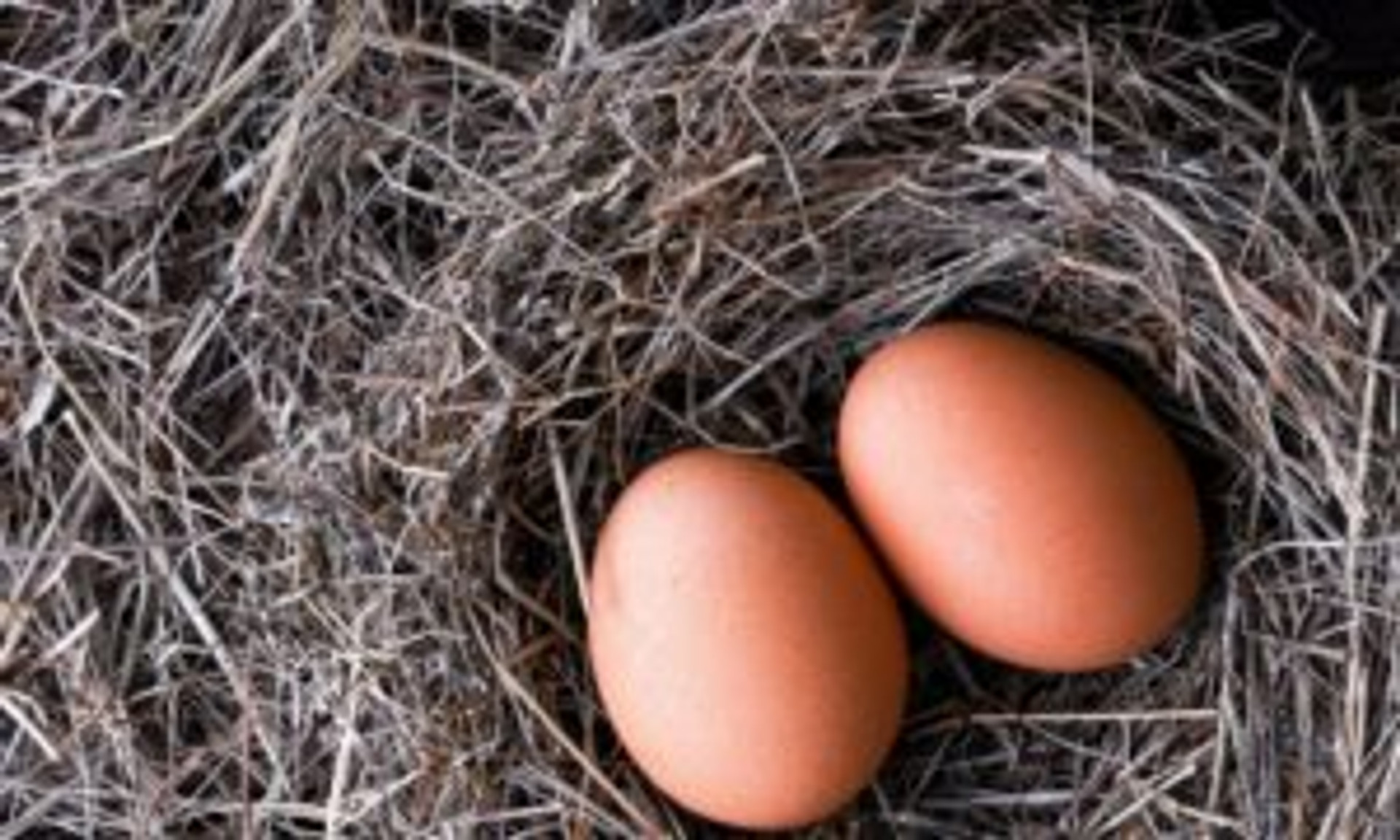Chickens Not Laying Eggs: Top Reasons
If you raise chickens, there’s a good chance you’ve gotten used to collecting your fresh eggs every morning. This routine quickly becomes obvious when one of your chickens stops laying.
There are many reasons why a hen can stop laying, including age, stress, and natural processes such as changing seasons. However, you can also do a few things to remedy some of these issues.
Have your chickens stopped laying eggs? Here’s our short guide to the top reasons why chickens are not laying eggs.
AGE
Just like humans, hens slow down as they age. If your egg production isn’t up to par, consider the age of your chickens. A hen’s most productive year will be her first year laying, and every year after that, the number of eggs produced will go down.
It’s also important to remember that chickens take a while to begin laying. If you get new chicks to make up for your older birds, they won’t lay eggs until around 18 to 20 weeks old.
STRESS
Chickens are creatures of habit. Even a little hitch in their routine can throw them off enough to stop laying eggs. They might stop laying if you’ve introduced new members to the flock and the pecking order has changed or if you’ve recently moved them to a new area.
It’s important to make sure your chickens are as happy and comfortable as possible. Keep the chicken coop stress-free by predator-proofing and keeping an eye out for an aggressive pecking order. You should also provide plenty of nesting space—one box per four to five hens.
You can buy chicken nesting boxes at Stromberg’s to make sure your birds have a safe and comfortable place to lay
NOT ENOUGH DAYLIGHT
A lack of daylight is one of the top reasons why chickens are not laying eggs. Chickens need 14 to 16 hours of daylight a day to lay healthy eggs. If they’re not getting enough sunshine, then they won’t lay eggs as frequently.
This means that egg production will drop in the winter when the days are shorter. You can install artificial light on a timer to keep your chickens laying eggs consistently.
However, you should keep in mind that your chickens need time to rest and recuperate, and winter is a natural opportunity for them to do so.

